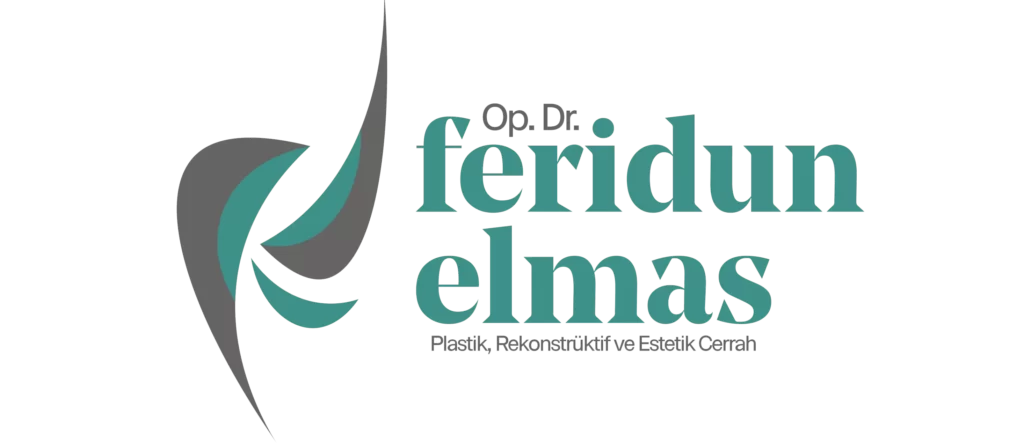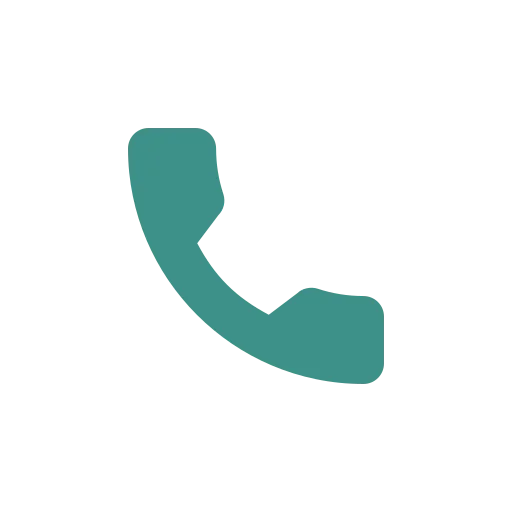Rhinoplasty
Rhinoplasty
Rhinoplasty is a reconstructive nasal surgery in a sense. It is one of the basic operations of the otolaryngology department. The nose should do its job well as a function first. Breathing, humidifying the air, and cleaning it from foreign particles are the main tasks of the nose.
As ENT, we definitely look at the extranasal anatomy in detail when treating pathologies such as sinusitis, septum deviation, lower turbinate hypertrophies, both medically and surgically. Curvature of the axis outside the nose, excessive bone outside the nose, deformations at the tip of the nose can also affect the intranasal functions. The right time to correct the outside of the nose, both cosmetically and functionally, is when correcting the inside. It is a whole inside and outside the nose.
Nose aesthetic surgeries are not painful surgeries, they require 7 days of plaster and 2 days of intranasal packing. Nasal aesthetics with the open technique is preferred because the tip of the nose and the septum are more fully dominated.
Rhinoplasty Preoperative and Postoperative Care
– Before the operation, your anesthesiologist performs your medical health screening and surgical analyzes. It can be done before the surgery, as well as if you are not going to have surgery early in the morning, if you do not have any health problems, it can be performed on the same day.
– Discomforts such as flu, cold, cold, and having herpes just before the operation are obstacles for the operation. Any detail that you ignore may be important in the anesthetic control. Therefore, it is an important detail that you share every information with your doctor.
– If you have had nose surgery before, you should definitely tell your doctor. Although your previous surgeries may seem insignificant to you, they may affect the course of your surgery. You should share every detail with your doctor before the operation. There are open and closed techniques in nose operations. Which technique is used is the choice of your doctor in a way that is appropriate for you.
– If there are drugs you use, you should tell your doctor during the examination. In the examination of the anesthesiologist, you should inform the anesthesiologist about your complete medications. If there are medications such as blood pressure and diabetes medication that are used constantly, you can take them very early with a sip of water.
– You should not consume blood thinners and foods. You should stop using blood thinners such as aspirin at least 10 days before your surgery, in consultation with your doctor.
– Herbal teas and heavy consumption of garlic can increase bleeding, albeit rarely. Therefore, do not choose before your surgery.
– Women’s menstrual periods are not a medical obstacle to surgery. Menstrual cycle does not affect rhinoplasty operations positively or negatively. As long as the patient feels comfortable, the surgery can be done easily.
– You must quit smoking before the operation. Smoking delays the wound healing process. You should not smoke a single cigarette for at least three weeks, as it is a sensitive period after surgery.
– You should not use painkillers and other drugs without consulting your doctor. We recommend that you go to bed early and relax by taking a warm shower the evening before the surgery. You should stop eating and drinking after midnight. At the beginning of the items, you will take with you should be an outfit with a zipper or button on the front that you will wear after the surgery. . Do not wear jewelry such as rings, necklaces, and do not bring valuable items with you. Do not delay the appointment time for the surgery day given to you. Going out of the schedule at your surgery time negatively affects the entire schedule in the operating room.
– Like other surgeries, nose surgeries also have a patient consent form. The consent form is an information form in which the oral information given by your doctor in detail during the examination and during the examination control by your anesthesiologist is explained in written form. This form is signed by the people who will be operated before each operation. It is valid for every hospital, every doctor, and every surgery. It is a routine application-specific to surgery, not specific to you.
AFTER SURGERY
From a medical point of view, it may be necessary to use tampons during the surgery. The duration of tampon removal is determined by the decision of your surgeon who performed the operation. No one else should remove your tampon without the knowledge of your doctor. You will have a feeling of dryness in your throat, mild burning, and sore throat due to tampons. These complaints may last for 3-4 days due to the anesthesia tube placed during general anesthesia.
Post-operative pain is usually absent. Painkillers are given to people with pain. Your nasal congestion may continue for a few days after surgery, this is a normal process. After the first day, patients get used to the situation. After the operation, a plastic splint-plaster can be placed on your nose. It is taken 7 days after your nose surgery. You should never remove your plaster yourself and it would be healthier to protect it from water.
You may have bruises and swelling under your eyes after the surgery. These bruises and swellings go away in 3-4 days. Applying a cold compress on the first night is sufficient. Sleeping with your head up reduces edema. Do not forget to take the prescription written by your doctor and use the medicines.
Mild bloody discharge from the front of the nose is natural. Sneezing may increase after straining. The next day it is greatly reduced and cut. The abnormal situation is intense red blood coming from the mouth and nose. In addition, the subsequent increase in temperature in the nose, redness, purple to black discoloration at the tip of the nose, and foul-smelling discharge are also important conditions that you should notify your doctor.
If you have complaints such as fever higher than 37.5 degrees, inflamed bad-smelling discharge from your nose, or increasing headache after the surgery, consult your doctor. Long-term swelling due to edema caused by the procedures performed around your nose disappears rapidly in the first month, gradually in 6 months, and completely in the 12th month.
These swellings are the ones that can be noticed by your relatives, yourself, and your doctor who know that you had surgery, and they do not draw attention.
What to Do in the Early Post-Operative Period
• The patient can drink water at the earliest 3 hours after the operation. Food intake should be at the earliest 4 hours after the operation.
• It is natural to have complaints such as nasal congestion, sneezing sensation, pink or slightly red blood leakage, a slight headache, and watering in your eyes due to the tampon in your nose. These complaints will decrease after the tampon is removed and will disappear within 1 week.
• On the day of the operation and the next day, stool may be black in color due to blood swallowed during the operation or the patient may vomit in the form of coffee grounds on the day of the operation. Don’t worry. If the event persists for several days, notify your doctor. Rest until your tampons are removed. Even if you feel well, avoid excessive exercise and strenuous daily activities.
Do not eat or drink any extremely hot foods such as tea, coffee, and soup. Do not chew very hard food.
Lie on a high pillow with your head above heart level.
If you need to pick up something from the ground, put your knee on the ground and do not lean forward too much.
Do not blow.
Do not lean forward.
Do not lift heavy.
Avoid very hot and steamy baths.
Stay short in the shower.
Avoid being in the sun and sunbathing.
Do not use aspirin and other drugs that increase bleeding.
Do not remove your tampons yourself.
After your tampons are removed
Remember that the wounds in your nose will heal and the intranasal edema will decrease in 3-4 weeks. Therefore, do not forget that there may be congestion in your nose when the tampons are removed.
During wound healing, there may be excessive crusting in the nose. For this situation, you can get ocean water sprays and nasal humidifiers from the pharmacy.
Blowing should not be done for 2-3 weeks.
If the concha (meat inside the nose) reduction has been performed surgically, intranasal washing and blowing the nose should not be performed for 3 weeks without the knowledge of your doctor. Otherwise, nosebleeds may occur.
After the tampons are removed, you can be called for dressing a few times a week to prevent adhesions, clean the crusts and control the wound healing while the inside of the nose is healing. Follow your dressing appointments after tampons are removed.



